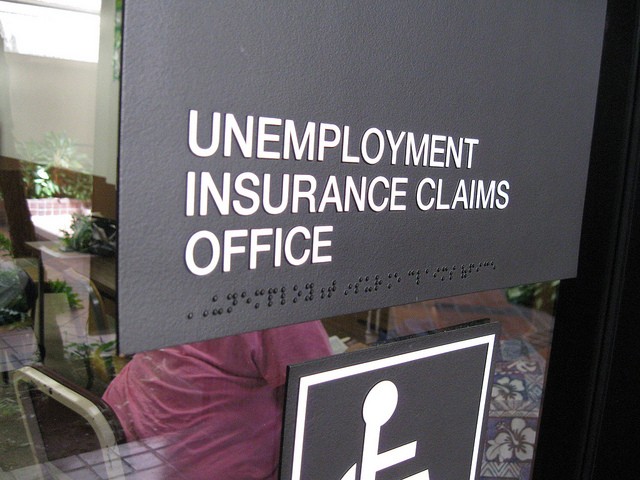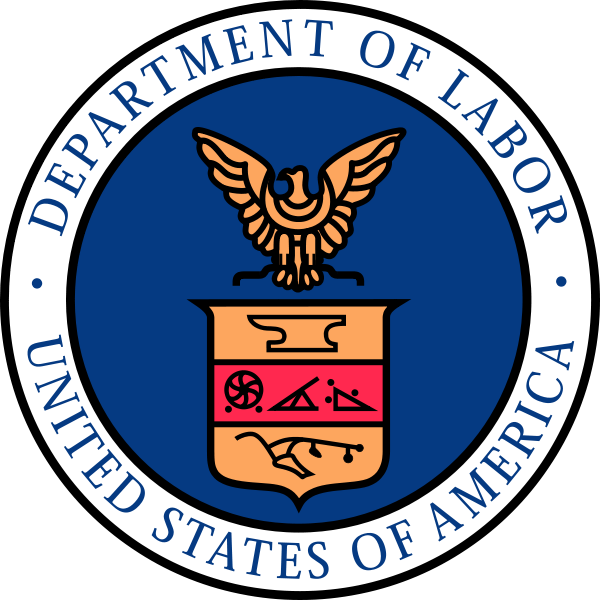Some employers track employee hours worked in 15-minute increments, and the FLSA allows an employer to round employee time to the nearest quarter hour. However, an employer may violate the FLSA minimum wage and overtime pay requirements if the employer always rounds down. Employee time from 1 to 7 minutes may be rounded down, and thus not counted as hours worked, but employee time from 8 to 14 minutes must be rounded up and counted as a quarter hour of work time. See Regulations 29 CFR 785.48(b).
Example #1:
An intermediate care facility docks employees by a full quarter hour (15 minutes) when they start work more than seven minutes after the start of their scheduled shift. Does this practice comply with the FLSA requirements? Yes, as long as the employees’ time is rounded up a full quarter hour when the employee starts working from 8 to 14 minutes before their shift or if the employee works from 8 to 14 minutes beyond the scheduled end of their shift.
Example #2:
An employee’s schedule is 7 a.m. to 3:30 p.m. with a thirty minute unpaid lunch break. The employee receives overtime compensation after 40 hours in a workweek. The employee clocks in 10 minutes early every day and clocks out 7 minutes late each day. The employer follows the standard rounding rules. Is the employee entitled to overtime compensation? Yes. If the employer rounds back a quarter hour each morning to 6:45 a.m. and rounds back each evening to 3:30 p.m., the employee will show a total of 41.25 hours worked during that workweek. The employee will be entitled to additional overtime compensation for the 1.25 hours over 40.
















